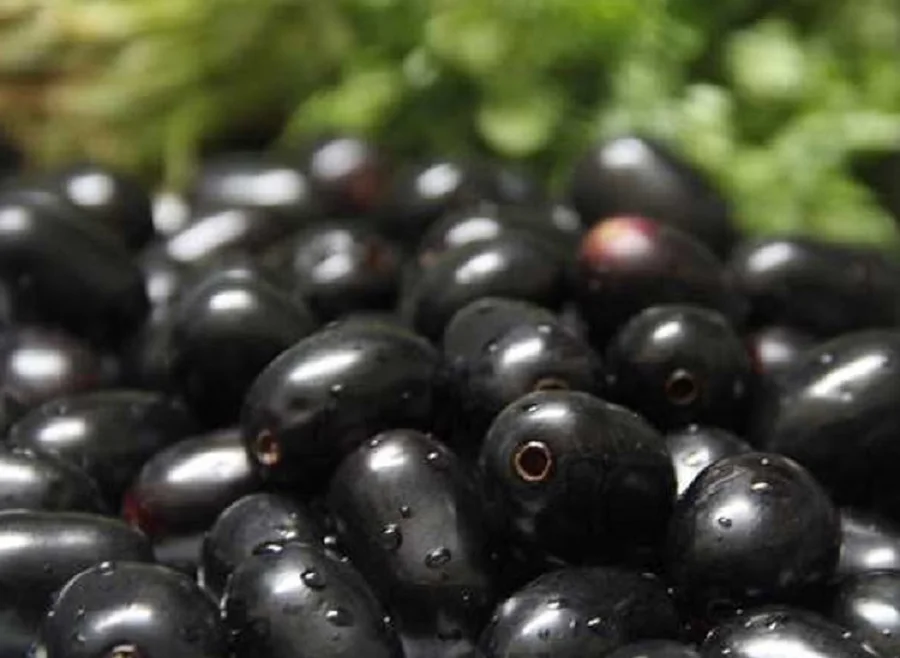Not just the tongue, this important part of the body can also recognise the sweet taste and can also detect artificial sweeteners
- bySherya
- 17 Feb, 2025

Sweet taste is attractive in itself, but you will be surprised to know that not only the tongue feels the sweet taste, but other parts of the body also get stimulated.

Sweet Taste Receptors: Who doesn't crave for sweets in India and all over the world? Recently, a researcher has found that the heart has "sweet taste" receptors, like the ones on our tongue, and stimulating these receptors with sweet things can modulate the heartbeat. This discovery opens new avenues for understanding heart function and potentially developing new treatments for heart failure. New research found that these receptors are not only present on the heart muscle but are also functional.
Tests on humans and mice
When researchers stimulated these receptors in heart cells from humans and mice using aspartame, a common artificial sweetener, they saw a significant increase in the force of heart muscle contraction and an improvement in calcium handling, a vital process for a healthy heartbeat.
Taste receptors in other parts of the body
While taste receptors are traditionally associated with the tongue and our ability to experience taste, recent studies have revealed that these receptors exist in other parts of the body, where they likely play different roles. This new study identifies for the first time specific "sweet taste" receptors, known as TAS1R2 and TAS1R3, on the surface of heart muscle cells.
Heart rate changes
"After you eat a meal, it's been shown that your heart rate and blood pressure actually increase," said Micah Yoder, a graduate student in Jonathan Kirk's lab at Loyola University Chicago. This used to be thought of as a neural axis that signals hunger.
Micah Yoder added, "But we are proposing a more direct consequence, where we have a rise in our blood sugar after we eat a meal, and it is binding to these sweet taste receptors on the heart muscle cells, causing a difference in heart rate." Interestingly, the researchers also found that these receptors are more abundant in the hearts of patients with heart failure, suggesting a possible link to the disease.
Further investigation showed that stimulating the receptors triggers a series of molecular events within heart cells, involving key proteins that regulate calcium influx and muscle contraction. Furthermore, their research may explain why high consumption of artificially sweetened drinks is linked to arrhythmogenesis, or irregular heartbeat.
Effect of these artificial sweeteners:
Researchers found that not only are these sweet taste receptors specifically stimulated by artificial sweeteners like aspartame, over-stimulation of these sweet taste receptors also leads to arrhythmia-like behavior in heart cells.
However, more research is needed to fully understand the long-term effects of stimulating these receptors in Delhi as well as to understand how these receptors can be targeted to strengthen the heart in cases of heart failure. This work was to be presented at the 69th Biophysical Society Annual Meeting in Los Angeles. The Biophysical Society was established to lead the development and dissemination of knowledge in biophysics.
Disclaimer: Dear reader, thank you for reading this news. This news has been written only to make you aware. We have taken the help of home remedies and general information in writing this. If you read anything related to your health anywhere, then definitely consult a doctor before adopting it.






